২১ ফাল্গুন ১৪৩২
High Tariffs on India, China: BD Leather Sector Hopes to Boost Exports to US Market
29 August 2025 21:08 PM
NEWS DESK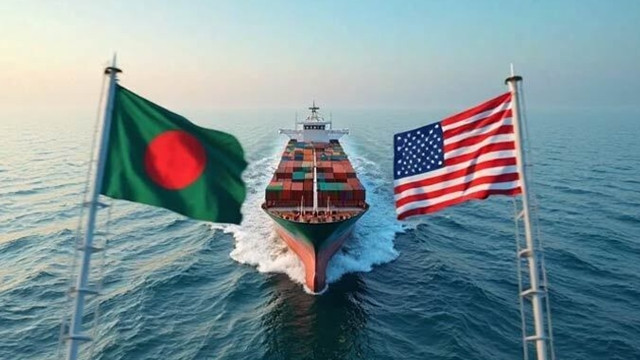
Bangladesh's leather goods and footwear sector, which has been growing steadily, is seeing fresh opportunity in the US market as tariff changes favour the country over competitors such as China and India, exporters say.
While Bangladesh, through negotiations, managed to reduce US retaliatory tariffs on its goods to 20%, both India and China still face higher tariffs – around 50% and 30%, respectively.
According to leather industry insiders, this tariff advantage has already started generating additional orders for Bangladeshi companies.
They, however, warn that weaknesses in infrastructure, utilities, and investment environment may limit the country's ability to capitalise on the opportunity.
According to data from the Export Promotion Bureau, Bangladesh earned $1.7 billion from leather and footwear exports in the fiscal 2024-25, a 14.45% increase from the previous year.
The US market accounted for $397.5 million, or about 20-25% of total exports in the sector. Exports to the US rose by 42% in FY25 compared with the previous year.
Mohammed Nazmul Hassan, MD of Leatherex Footwear Industries and senior VP of the Leathergoods and Footwear Manufacturers and Exporters Association of Bangladesh, said the new tariff policy has created scope as foreign businesses will shift to Bangladesh, which will create investment.
"But, government policy support is needed. The entrepreneurs in the country's leather industry have the capacity to meet additional demand if they receive it," he told.
Exports to the US had previously fluctuated. According to the association, shipments rose sharply by 64% in FY21 and 49% in FY22, but fell in the following two years by 22% and 20%.
Nazmul Hassan pointed out several barriers to attracting long-term foreign investment, including unreliable utilities.
"Uninterrupted supply of gas and electricity is a major challenge here. Sometimes electricity is available, sometimes not. There is also no adequate supply of gas. As a result, all industrial sectors in the country are suffering from a utility problem," he said.
He also highlighted communication challenges. "When a foreign entrepreneur visits Bangladesh for investment purposes, they lose interest after experiencing traffic jams and poor road conditions. After their visit, they either stop communicating or inform us that they will not invest. The overall situation must be improved to increase long-term investment."
Other exporters also noted similar concerns, saying foreign investors are reluctant to commit in the current environment.
A senior official of a leading shoe manufacturer said that unless the country improves its investment capacity, opportunities may shift to competitor countries despite the tariff advantage.
Still, some exporters are already seeing gains.
Hasanuzzaman, managing director of Bling Leather Products Ltd, said, "The US tariff policy has brought both advantages and disadvantages for Bangladesh's footwear industry. Bling Leather Products Ltd has already received some orders diverted from China, and more are in the pipeline."
He also cautioned that timely delivery remains critical. "To take full advantage of the US tariff policy, government service agencies, especially Customs, need to be more sincere. Otherwise, we might get orders, but if we cannot deliver them on time due to various complications, we will incur huge losses."
Officials from at least five other companies that export directly to the US also told that they expect an increase in demand due to the tariff changes.
Akij Footwear Ltd, which exports women's shoes, said the US accounted for about 60% of its Tk100 crore turnover last year.
A company official, requesting anonymity, said, "Some of our previous orders from US buyers had been on hold, but they have now been delivered. We are also receiving new orders."




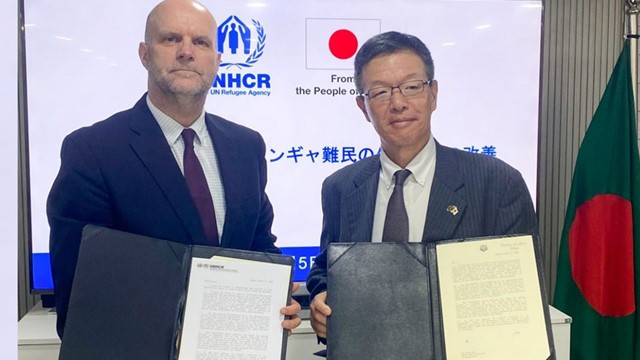

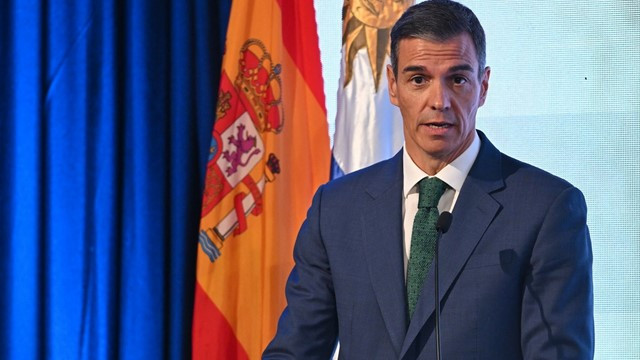
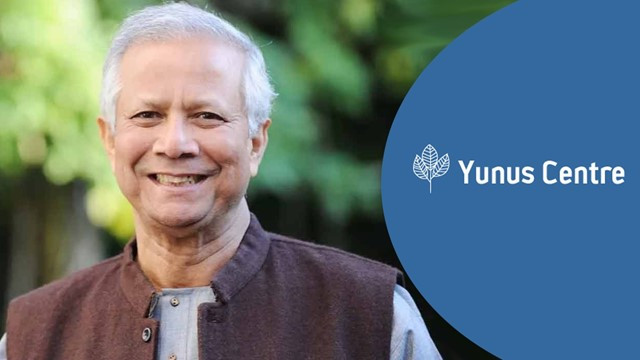
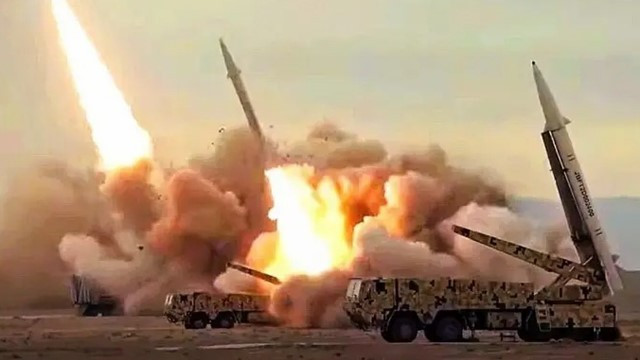
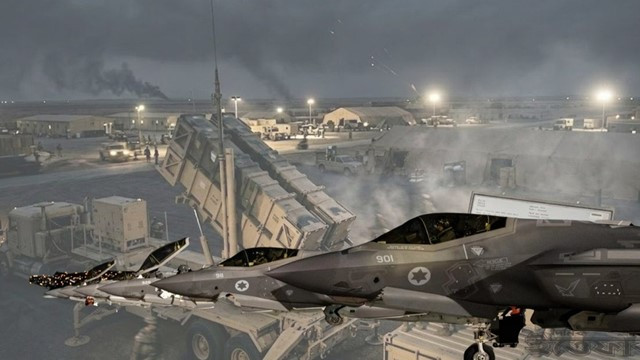
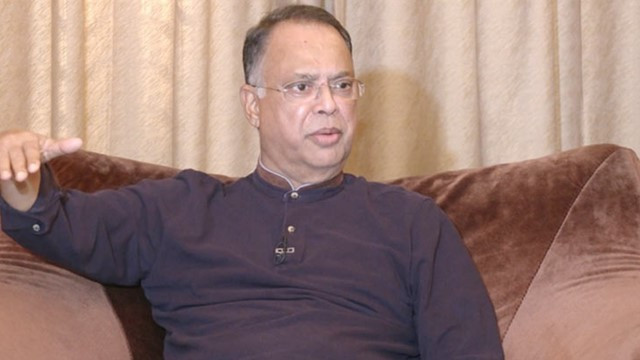
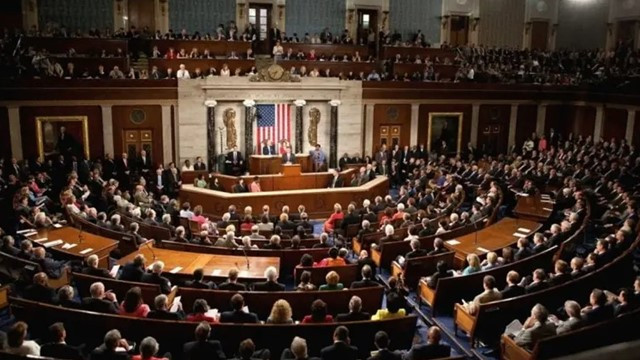
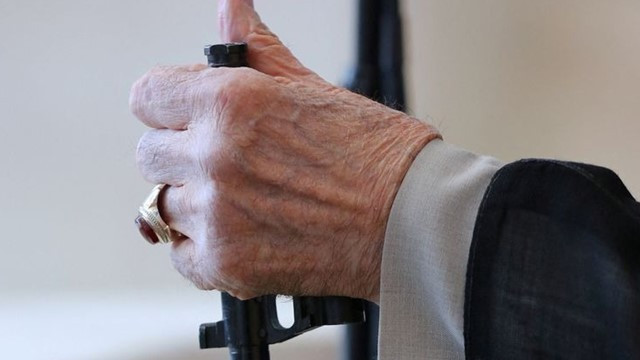
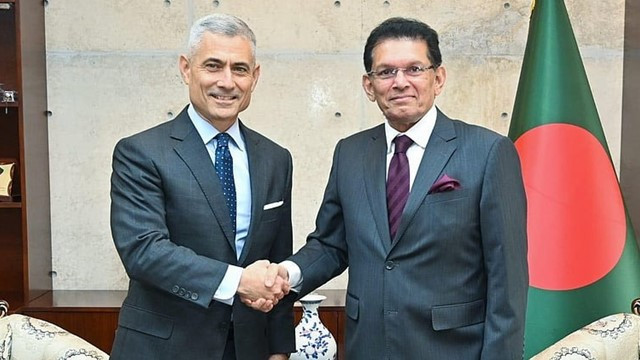
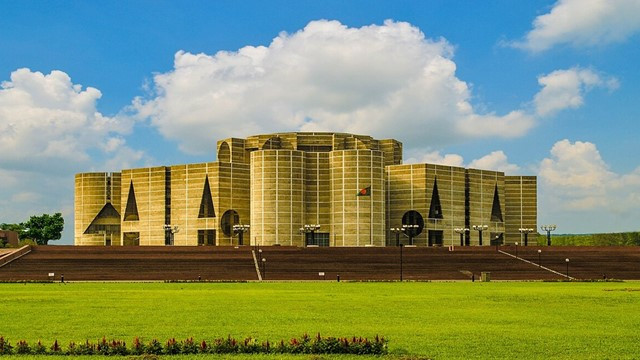
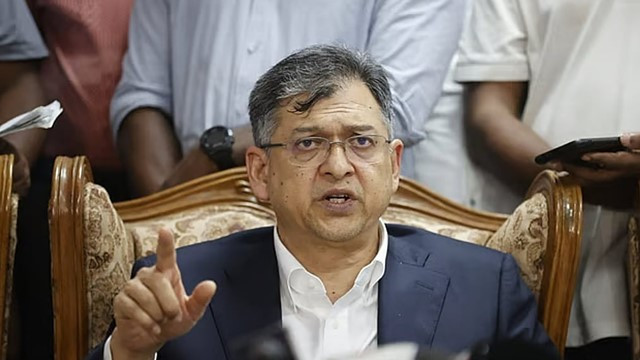

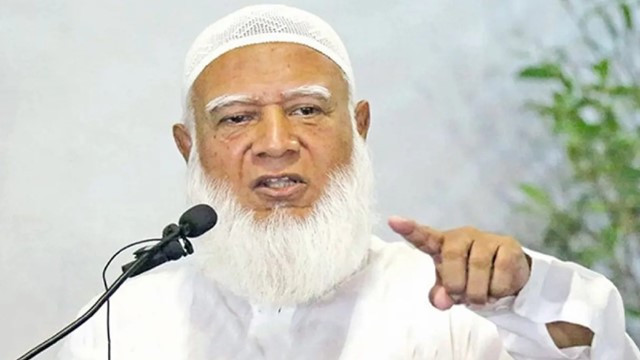
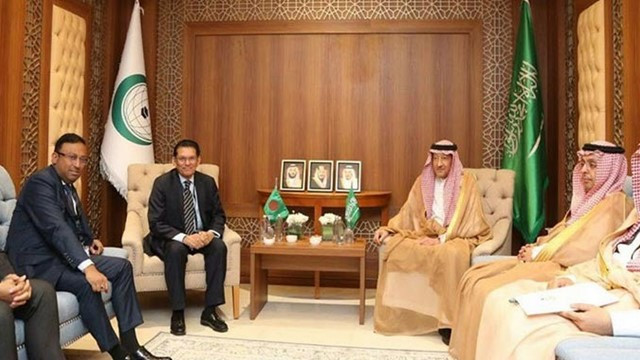
Comments Here: